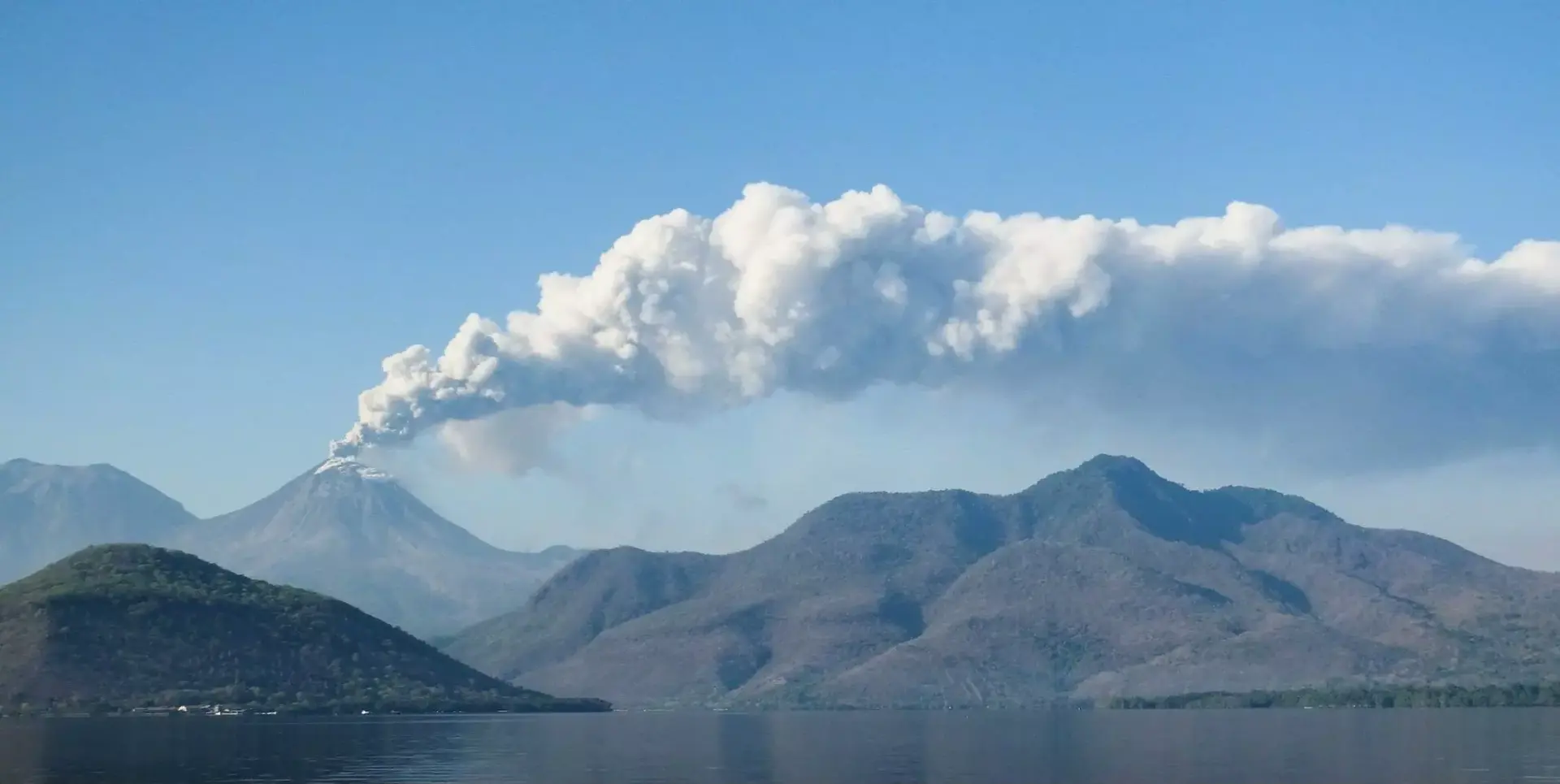Air travel between India and Bali has been significantly disrupted following the eruption of Mount Lewotobi Laki Laki in East Nusa Tenggara, Indonesia. The eruption, which occurred earlier this month, has unleashed a plume of ash clouds that pose a severe threat to flight operations in the region, prompting both IndiGo and Air India to cancel their scheduled services to Bali.
IndiGo, which operates daily flights to Bali from Bengaluru, and Air India, with daily services from Delhi, were forced to halt their operations due to the unsafe conditions caused by the volcanic activity. Ash clouds from the volcano have the potential to damage aircraft engines and create dangerous flying conditions, making the cancellations an unavoidable safety measure. In a statement posted on social media, IndiGo announced that flights to and from Bali had been cancelled due to the ongoing volcanic eruption, advising passengers to check their travel plans for updates. Similarly, Air India confirmed the cancellation of flights AI 2145 and AI 2146, which were due to operate between Delhi and Bali on Wednesday, citing the adverse weather conditions resulting from the eruption. Both airlines have pledged to assist affected passengers, offering rescheduling options, accommodation on the next available flights, or full refunds for those who choose to cancel their plans. These measures aim to mitigate the inconvenience caused by the unforeseen disruptions.
Passengers stranded in Bali have taken to social media to voice their frustrations, with Congress leader tagging the Civil Aviation Minister, seeking urgent assistance for those stuck on the island. Naidu responded promptly, assuring the public that the Ministry of Civil Aviation is working closely with Air India to prioritise the safety and convenience of all passengers. From a sustainability perspective, the flight cancellations underscore the need for robust risk management and contingency planning in the aviation sector. The safety of passengers is paramount, and while the environmental impacts of volcanic eruptions are beyond human control, the response of airlines and government authorities highlights the importance of passenger well-being in times of crisis. While the immediate impact is on passengers’ travel plans, the longer-term effects on tourism in Bali could be significant, as the island relies heavily on international visitors. This incident also raises questions about the resilience of global air networks and their ability to swiftly adapt to unforeseen environmental disruptions.


